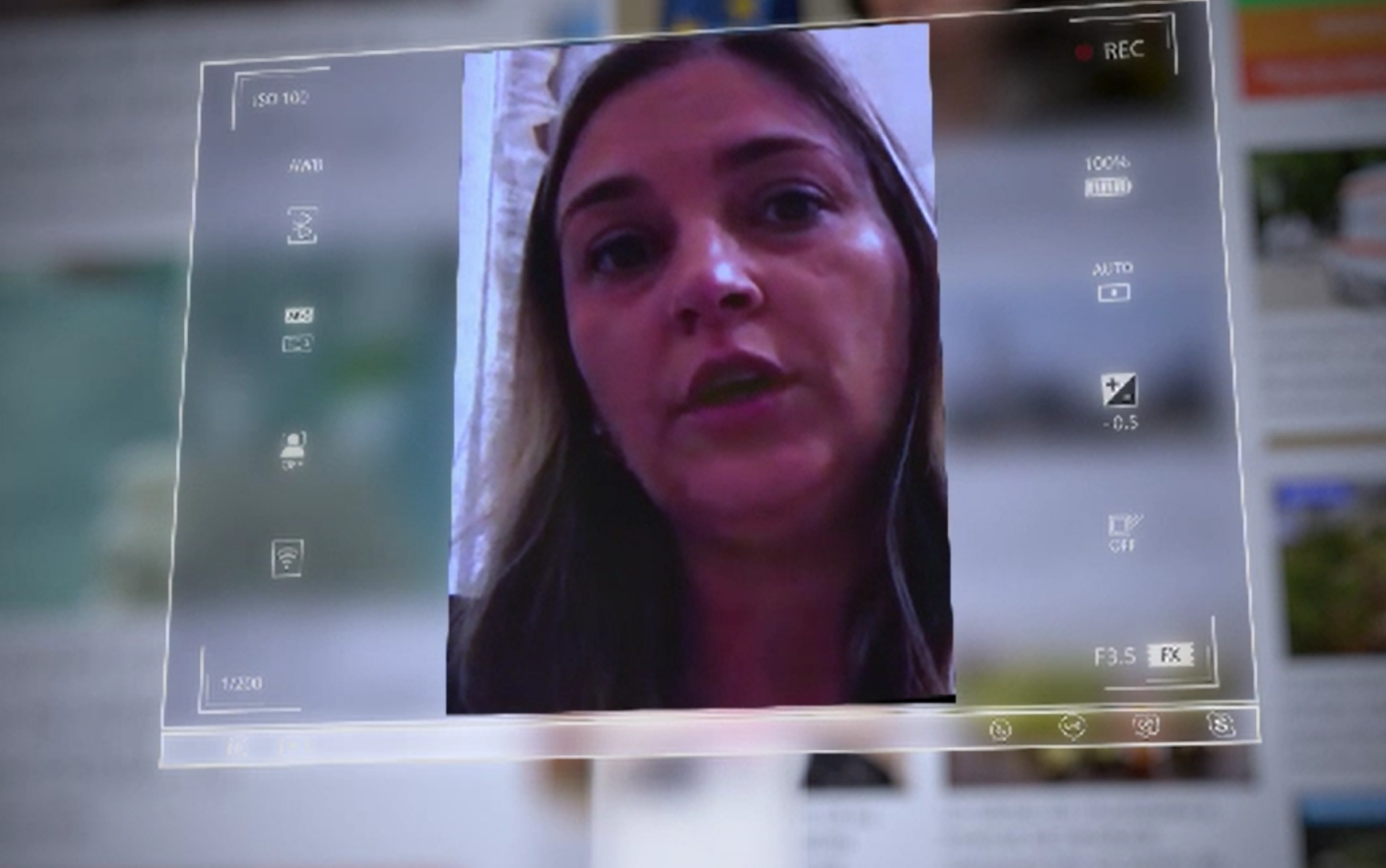
[ad_1]
Stay home, avoid public transportation, and work from home. Everyone must take responsibility in this pandemic war. This is the message from European officials, who are constantly tightening restrictions.
Even if they understand the reasons for these measures, people are disappointed and even desperate. The specter of the recession scares many. A study conducted in Germany shows that 1.1 million jobs are in danger of disappearing in this country alone, especially in the service sector.
Giuseppe Conte, Italian Prime Minister: “The bars, confectioneries, pastries and restaurants will close at 18:00. Gyms, swimming pools, wellness centers and spas will be closed. Theaters, cinemas and concert halls are also closed. “
Pedro Sánchez, Spanish Prime Minister: “We have once again decided to declare a state of emergency. The night traffic ban will take effect between 23:00 and 06:00.”
No matter how the decision is presented, more and more countries return to the situation in the spring.
Cristina Toader, a Romanian living in Cremona: “Honestly, we don’t expect a lockdown like at the beginning again. We all worry because if we don’t work we have nothing to pay the rent, we have nothing to buy food. The stores open in vain, if at the end of the week we have nothing what to buy food with. “
Dan Cristian Sava, Romanian in Barcelona: “It even affected me at work, they locked us up, they reopened us. I work in nightclubs, bars and we are quite affected. For now, we are technically unemployed and the government is giving us more help.”
Radu Bat, emergency doctor Spain: “What had to be imposed from the beginning, from the first wave, was the night restriction. Because there are a lot of young people here, that’s why there are many cases of young people, they have night parties ”.
Belgium, France, Germany, the Netherlands, the United Kingdom and, more recently, Italy and Spain are drastically reducing local hours and banning night traffic.
In Rome, those caught after dark risked a fine of between 400 and 1,000 euros.
Things are not better in Spain either, where the prime minister wants parliament to vote on maintaining the state of emergency until the end of next spring.
And in the red zones of the UK, restrictions have hit services hard. In Manchester, the mayor tried in vain to challenge the measure to close the pubs, ordered by the Johnson government.
Andy Burnham, first Manchester: “I would say that, beyond COVID, people’s lives are much more affected by these measures. And my opinion is that the restrictions will not change the numbers of the pandemic much.”
The scandal also spread to Wales, where the sale of non-essential items such as clothing, books or greeting cards was banned. A young man applied the rule in his own way: he went to the supermarket without clothes.

Daily mail
Israel is currently the only country to have issued a full national quarantine for the second time. The measure had the expected effect: The number of positive tests fell from 9,000 on September 30 to less than 1,000 now.
They were Segal, an expert at the Weizmann Institute of Sciences: “The quarantine is worth it, because we all live in the house. But reaching the quarantine itself is a failure to handle the pandemic.”
Oren Liebermann, CNN correspondent: “The confidence of Israelis in the leadership of the country has collapsed during this pandemic. Various sectors of Israeli society, religious, secular, ultra-Orthodox and Arab, have attacked and blamed each other for the second wave of the pandemic, which was here for a long time. worse than the first. “